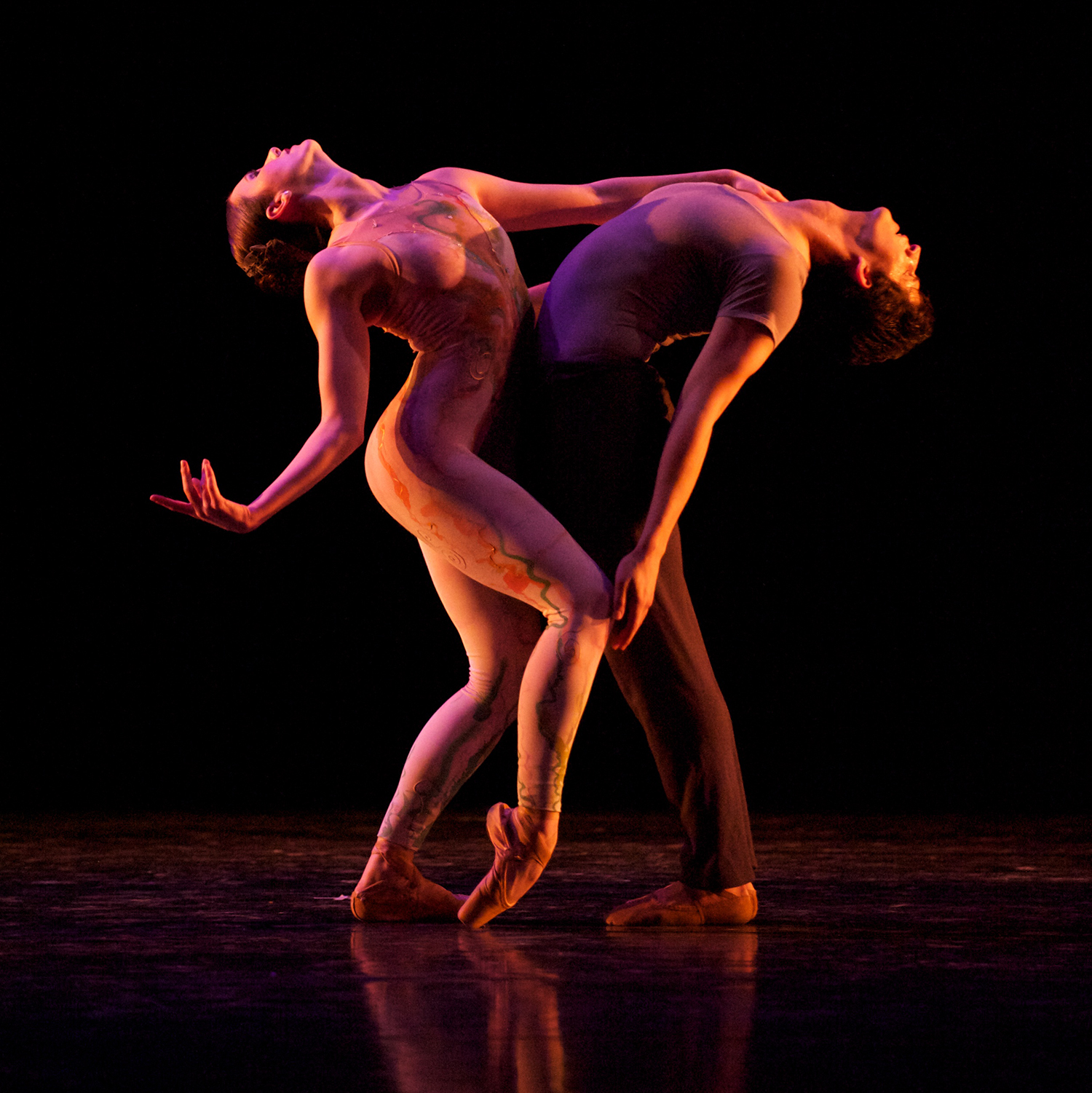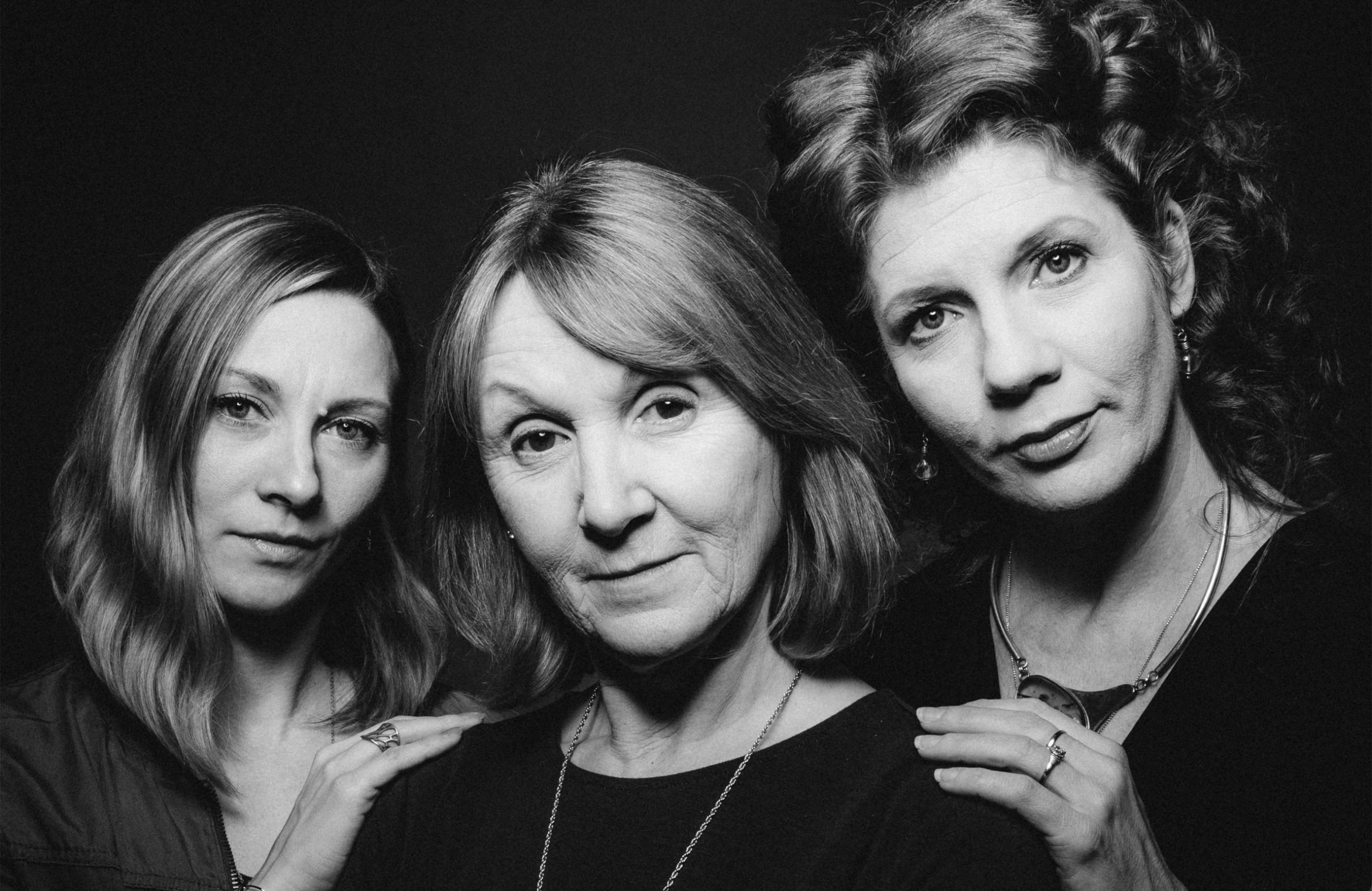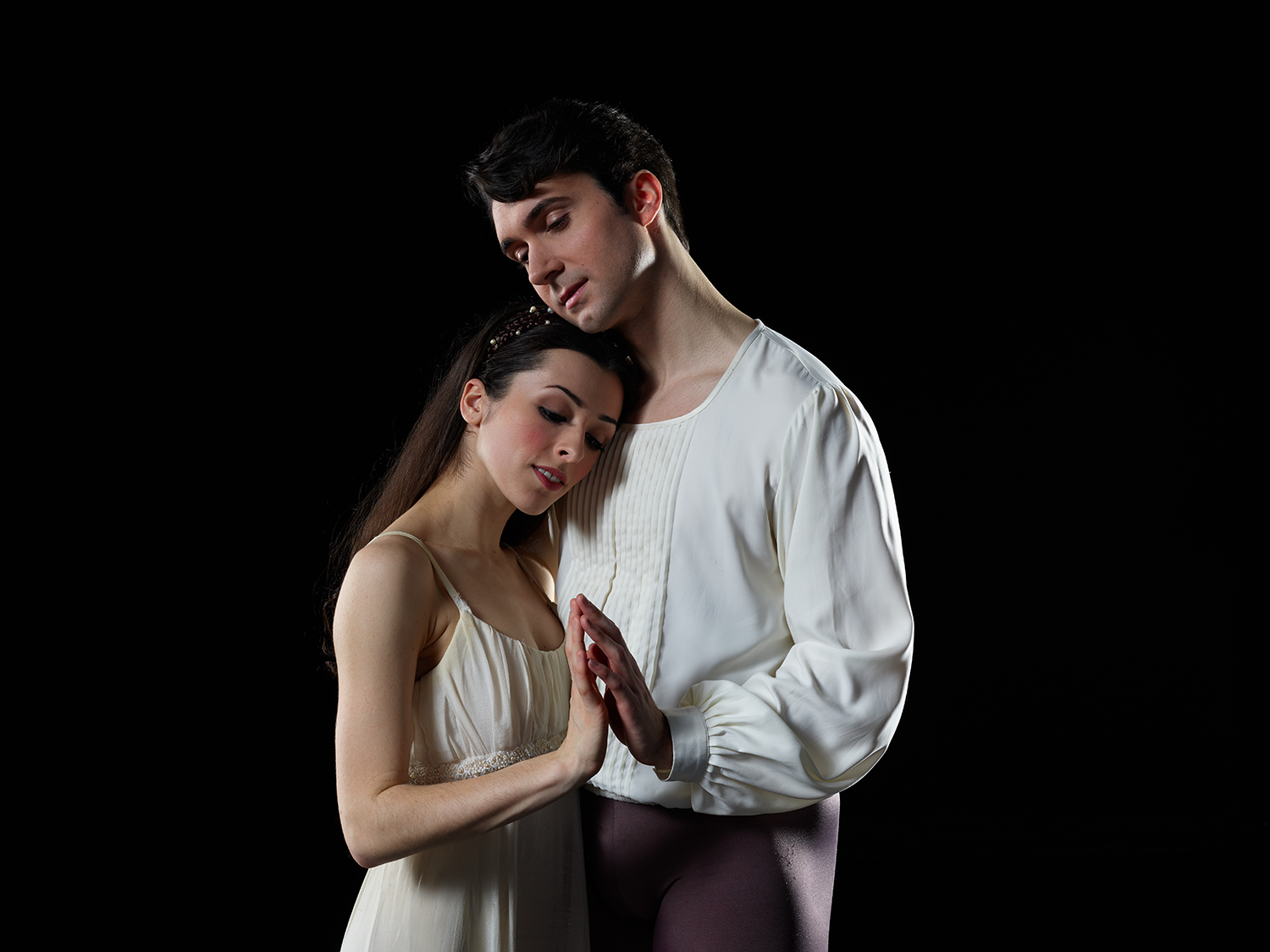Bridging town and gown through dance By Gary Ferrington There has often been a social…
Kenji Bunch: Seeing the Elephant
The Persian poet Rumi told a version of the ancient story of three blind men encountering an elephant for the first time. In Rumi’s telling, the three men, not blind but each holding a small, dim candle, meet in a dark room. Each discovers one section of what turns out be the elephant—tusk, tail, trunk—and decides that one thing is what the elephant is: smooth and hard or thick and long or a hairy worm. They argue over who’s right, and as they move closer together, the combined light of their candles enables them finally to put their pieces together and see the big picture.
Portland composer and violist Kenji Bunch loves that version so much that he made it the basis for Aspects of an Elephant, the substantial new orchestral work that the Oregon Symphony commissioned and premieres this month.
“On one hand, it seemed timely, with the polarized political climate these days and how everyone’s talking in the dark without consideration of another perspective,” Bunch explains. “Also an orchestra is a really good metaphor for how diversity can be a strength. You have all these different instruments that seem like they don’t belong together, but when you get them all working together, it makes this amazing music.”
It’s also an apt metaphor for Bunch’s own music and career. If you only heard him play and sing in his bluegrass band, you’d peg him as a folkie/Americana musician. If you spotted him in the viola section of the Oregon Symphony or with his Thunder Egg Consort, you’d think of him as a performing classical music violist. If you witnessed him teaching young Oregonians, you’d see him as a valuable mentor for the next generation. And if you heard any of the dozens of original works he’s created over the last quarter century for orchestra, chamber ensemble, solo instrumentalists, and singers, you’d think of him as one of the leading American composers of his generation, best known for amalgamating traditional American musical forms like the blues and European-based classical music.
The truth is, Bunch is all those things. He’s also a Portland native (1991 graduate of Wilson High), a Juilliard School graduate and 22-year-New Yorker, and, as of 2013, a Portlander again — and to hear him tell it, for good.
“In the three and a half years since Monica and I moved back, neither of us could have imagined it could have turned out this well for both of us,” Bunch marvels. “We’ve been incredibly fortunate and grateful. We’ve both been able to be involved in music community, people have been so welcoming and embraced us. It’s felt like the right decision for so many reasons. The kids love it here. We’re never going anywhere else!”
And why not? Despite initial trepidation that leaving New York, the center of America’s contemporary classical music universe, might limit his burgeoning career, Bunch and his wife, the accomplished classical pianist Monica Ohuchi, quickly became mainstays of Oregon’s contemporary classical music scene. And now with two of the biggest new works of his career about to hit the stage at the same time in Portland and Eugene, Bunch’s career has soared to an even higher summit than he reached in New York—and back then such observers as The New York Times and The New Yorker identified him as one of America’s most promising young composers, his works increasingly performed around the country and beyond.
Since their return to their Northwest roots (Ohuchi is from Seattle) to raise their young children, now ages 2 and 5, and be closer to their families, Bunch’s music has been performed in Oregon alone by Portland Youth Philharmonic, 45th Parallel, Chamber Music Northwest, Chintimini Chamber Music Festival, and more. He’s also artistic director of the visionary, veteran new music ensemble FearNoMusic (Ohuchi is the executive director). He teaches viola and composition at Reed College and Portland State University, serves as composer in residence for 45th Parallel, and teaches music theory for his old band, the Portland Youth Philharmonic. He’s kept up his recording (his music has been released on a dozen-and-a-half record labels), performing, arranging, and composing career. Ohuchi’s musical adventures also continue apace.
“In the three-and-a-half years since Monica and I moved back, neither of us could have imagined it could have turned out this well for both of us,” Bunch marvels. “We’ve been incredibly fortunate and grateful. We’ve both been able to be involved in the music community; people have been so welcoming and embraced us. It’s felt like the right decision for so many reasons. The kids love it here. We’re never going anywhere else!”
Next Generation
Now he’s giving back to the city that has given him so much. “I’m indebted to so many teachers who got me started here, so I felt an obligation to the next generation to pay that back,” Bunch says. “I’m under no delusions; I’ve been very lucky in my career. A lot of it’s just luck and opportunities; I also had a lot of help from really great people. I think it’s my responsibility to try to help the next generation however I can so that they can have those similar opportunities.”

Kenji Bunch played his own music at Blue Sky Gallery in 2015.
He’s especially devoted to broadening the listening horizons of young instrumentalists and composers so they can avoid the hermeticism that limits so many careers, and classical music itself. “Sometimes you get narrow-minded in your listening experiences, and you start thinking some music has more value than others. So I love trying to get students improvising and arranging and composing and trying these different skills,” Bunch says. “I’m completely convinced it all helps you as a musician and can only enhance your playing abilities on whatever instrument you’re playing.”
When Oregon ArtsWatch broke the story of Bunch’s impending return, he expressed hope that leaving New York would give him more family time, more composing time, as well time for his hobbies (cooking, running, and playing with Coffee—the family canine). With all of his involvements, though, how’s that working out?
“I thought I’d be living this quiet life here in the forest writing music, and it really hasn’t panned out that way,” Bunch admits. “Our kids are at the age when you need a lot of real face time, and I don’t want to miss out on any of that. The juggling is to be present with my family, and to do this work in the community I want to do, and find time to get my work done” — those three aspects of the elephant again. “At the same time, I’ve been so fortunate to have work as a composer. I’ve had a few pretty big projects. They’re things you can’t turn down. So [composing] usually ends up happening really early in the morning and late at night.”
The Snow Queen and the Elephant
One of those major opportunities is a major full-length score — 100 minutes of orchestral music — the Eugene Ballet commissioned for its new version of the classic fairy tale The Snow Queen, which will be performed live by Eugene’s OrchestraNext April 8-9 at Eugene’s Hult Center for the Performing Arts, and recorded for CD release. Since the subject is based in old European legend, Bunch eschewed any of his frequent American vernacular styles.
![]() The same goes for the Oregon Symphony commission, “a sort of concerto for orchestra, where I could really highlight the different sections because I know all these players,” Bunch explains. “It’s a big deal for me personally because these are my friends. I’ve gotten to play with them quite a bit; I’ve heard them do amazing things onstage, so I thought it was a unique opportunity to custom tailor a piece for their strings.”
The same goes for the Oregon Symphony commission, “a sort of concerto for orchestra, where I could really highlight the different sections because I know all these players,” Bunch explains. “It’s a big deal for me personally because these are my friends. I’ve gotten to play with them quite a bit; I’ve heard them do amazing things onstage, so I thought it was a unique opportunity to custom tailor a piece for their strings.”
The music’s various instrumental showcases parallel the different points of views of the three men in the fable. Together, the two big commissions add up to a tremendous creative leap for one of Portland’s most creative musicians.
“Maybe someday I’ll look back on this year with these two projects and see it as a turning point in my trajectory,” Bunch muses. “I’ve written orchestra music before [including two symphonies and several concertos], but I hope I’m continuing to grow with each challenge. I feel like a learned a ton from writing the ballet and have tried to set the bar higher for myself. We do that with every piece we write: we take what we learn from the last and apply it to the next. We’re constantly learning on the job.”
That elephant just keeps getting bigger, it seems, and Bunch just keeps seeing more and more of it.
The Oregon Symphony performs the world premiere of Kenji Bunch’s Aspects of an Elephant, along with fellow American composer Samuel Barber’s Souvenirs and Dvořák’s Cello Concerto, March 11 through 13 at the Arlene Schnitzer Concert Hall, 1037 SW Broadway, Portland. Tickets are available online and by calling 503-228-1353.
Eugene Ballet premieres The Snow Queen April 8 and 9 at Hult Center for the Performing Arts, 1 Eugene Center, Eugene. Tickets are available online.
Article Originally Posted on Oregon Artswatch




